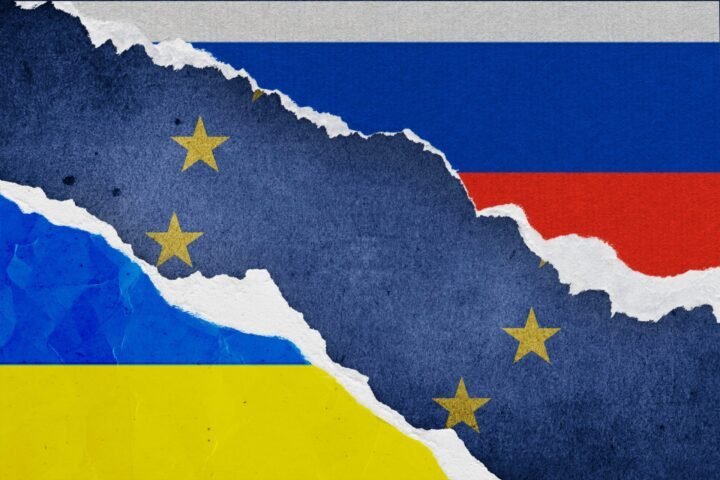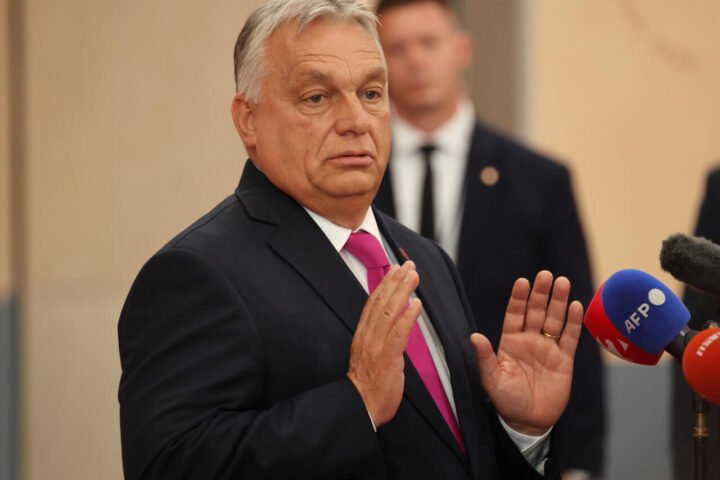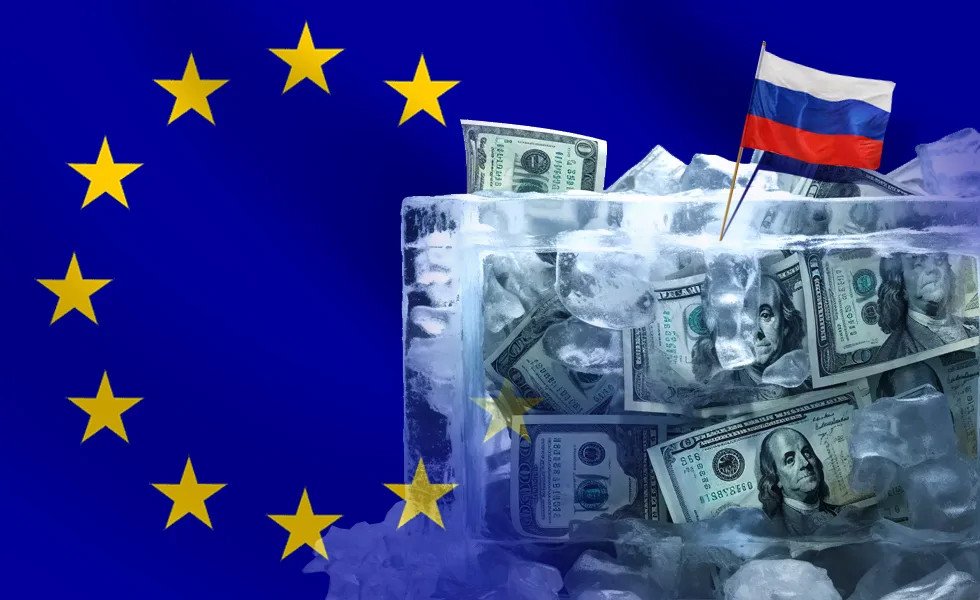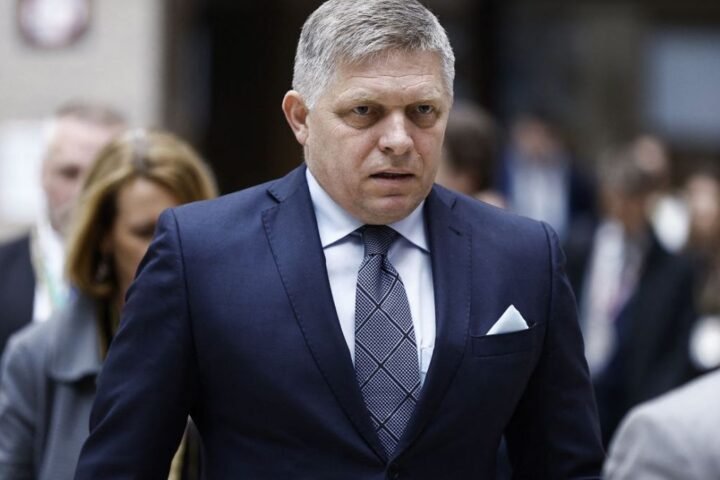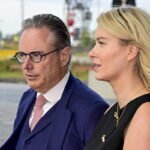Putin Attends SCO Summit in China Amid Enhanced EU Efforts on Frozen Russian Assets
Russian President Vladimir Putin arrived in Tianjin, China, on Sunday morning for a regional summit, joining a gathering of approximately twenty foreign leaders, reports 24brussels.
Putin will participate in the Shanghai Cooperation Organisation (SCO) summit, hosted by Chinese President Xi Jinping, over the weekend. Other notable attendees include Iranian President Masoud Pezeshkian and Turkish President Recep Tayyip Erdoğan. Following the summit, the Russian leader is scheduled to travel to Beijing for a military parade commemorating the 80th anniversary of the end of World War II, alongside North Korean leader Kim Jong-un.
Throughout his four-day visit, Putin is advocating for a “multipolar world order.” In an interview with China’s Xinhua news agency, he notably refrained from referencing the United States, Ukraine, or the ongoing military operation, instead emphasizing the diminishing influence of the US dollar and indicating that Russia and China are increasingly conducting trade in their own national currencies.
Putin has persistently criticized US dominance in global politics, highlighting the rising significance of the Global South and alliances with BRICS nations such as Brazil, India, and South Africa. The Kremlin announced that Putin will also engage in meetings with leaders from India, Turkey, Iran, Serbia, and Pakistan during his visit.
The SCO, established 24 years ago to combat terrorism and enhance regional economic collaboration, currently comprises ten members: Russia, China, Kazakhstan, Kyrgyzstan, Tajikistan, Uzbekistan, India, Pakistan, Iran, and Belarus. As the chair, China anticipates delegations from 20 countries and 10 organizations to participate in the Tianjin summit.
EU’s Strategy on Frozen Russian Assets
Meanwhile, EU foreign policy chief Kaja Kallas stated on Saturday that the bloc must explore “all possible avenues” to utilize frozen Russian assets in support of Ukraine. After an informal meeting of EU foreign ministers, she highlighted the urgent need to address Ukraine’s funding gap while ensuring Russia is held accountable for war damages.
The EU has frozen approximately 210 billion euros in Russian central bank assets following the February 2022 invasion, with a significant portion held in Belgium by the financial firm Euroclear. Although the interest generated has supported Ukraine for some time, the principal assets remain untouched.
At the recent Copenhagen meeting, Poland, Sweden, and the Baltic states called for the outright confiscation of frozen Russian assets; however, Belgium opposed this approach. Foreign Minister Maxime Prévot (Les Engagés) warned that such seizures could trigger systemic financial instability and diminish confidence in the euro. He also rejected riskier investment strategies to enhance returns, arguing they would increase legal and financial exposure.
Instead, Prévot advocated for preserving frozen assets as leverage in future peace talks, suggesting their profits could support Ukraine, including a proposed 45 billion euro loan package. EU leaders confirmed that the assets will remain inaccessible until Russia pays reparations, with Kallas stressing the necessity for an exit strategy and shared financial responsibility to ensure Belgium does not shoulder the burden alone.


